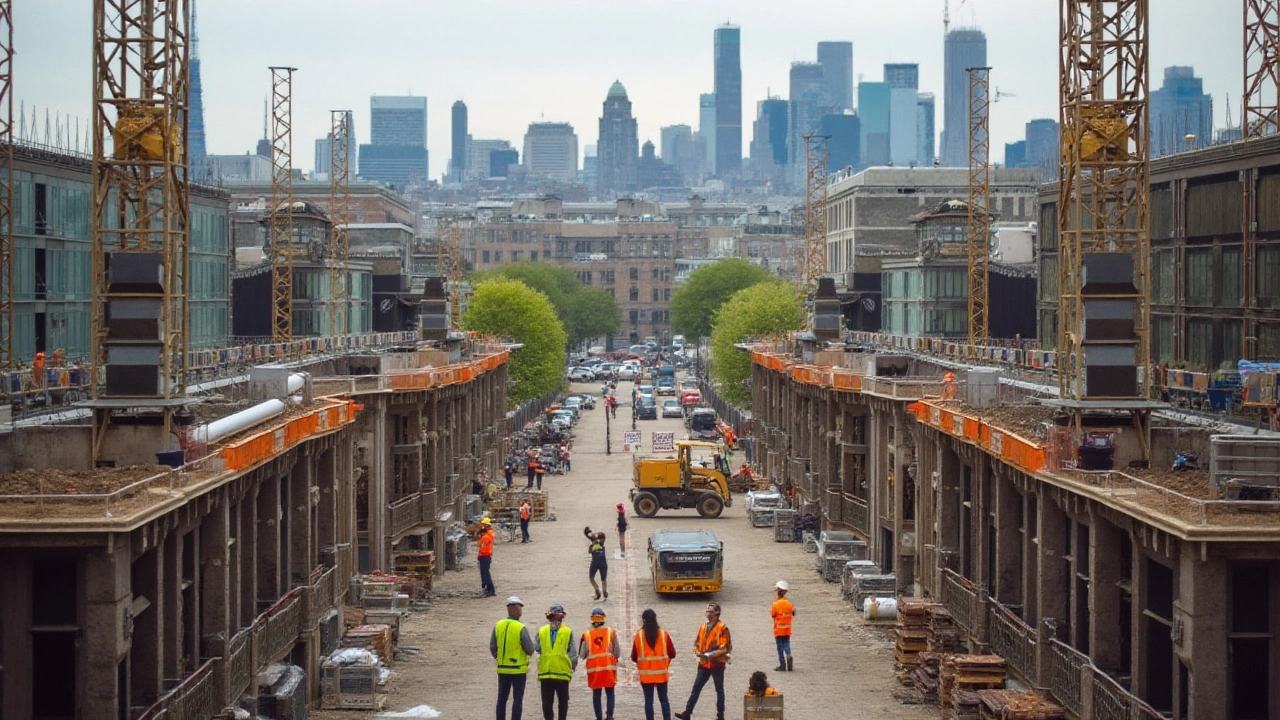Licensing Terms Made Simple for Builders and Business Owners
If you’ve ever stared at a form that asks for a "commercial license" and felt a headache coming on, you’re not alone. Licensing terms sound official, but they’re just the rules that let you work legally and avoid costly fines. In this article we break down the most common terms, why they matter, and what you can do today to stay on the right side of the law.
What Exactly Is a Commercial License?
A commercial license is a permission from a government authority that says you can run a business in a specific area. It’s not just for big construction firms – anyone who offers services for money – from plumbers to café owners – needs one. The license usually tells you the type of work you’re allowed to do, the locations you can serve, and any safety or insurance standards you must meet.
Think of it as a driver's licence for your business. Just as you can’t legally drive a car without one, you can’t legally provide paid services without the right licence. Skipping this step can lead to fines, forced shutdowns, or even lawsuits if something goes wrong on the job.
Key Licensing Terms You’ll Hear
Business Registration: The first step is registering your company with Companies House (or the local equivalent). This gives you a legal identity and a unique number that appears on all official documents.
Trade Permit: Some trades, like electrical work or gas fitting, need a special permit that proves you’ve completed approved training. Without it, you can’t legally take on jobs that involve those systems.
Health and Safety Certification: For construction sites, you’ll often need a certification showing you follow health and safety rules. This can be a CSCS card in the UK or a similar badge elsewhere.
Insurance Coverage: While not a licence per se, most licensing bodies require you to carry public liability insurance. It protects both you and your client if an accident happens on site.
Renewal & Inspection: Licences don’t last forever. Many need yearly renewal, and some require periodic inspections to prove you still meet standards.
Knowing these terms helps you spot what you need before you start a project. For example, if you’re hired to install a new kitchen, ask whether a trade permit is required for the work you’ll do. If the answer is yes, plan to get the permit before the first cabinet is delivered.
Quick Checklist to Stay Compliant
1. Register your business. Get a company number and a VAT number if you’re taxable.
2. Identify required trade permits. Check industry bodies or local council websites for the list that applies to your services.
3. Get insured. Public liability, tools and equipment insurance, and workers’ compensation are the basics.
4. Apply for a commercial licence. Fill out the form, pay the fee, and keep a copy handy for client meetings.
5. Set reminders for renewals. Mark the calendar a month before any licence expires so you can renew without a scramble.
Following this list takes only a few minutes a month but saves you from big headaches down the road. If you’re unsure about a specific term, a quick call to your local council or a chat with an industry association can clear things up.
Bottom line: licensing terms are just the language that lets you do business safely and legally. Treat them like a toolbox – you need the right tool for each job, and the right licence is the most important one. Keep your paperwork tidy, stay on top of renewals, and you’ll spend more time building and less time worrying about fines.

